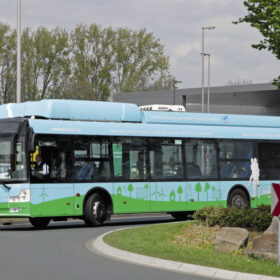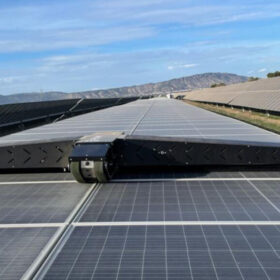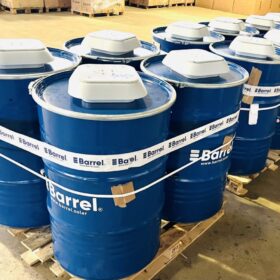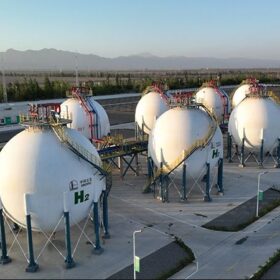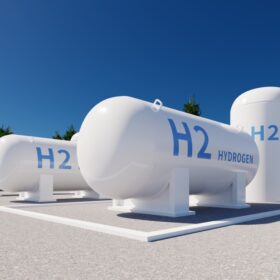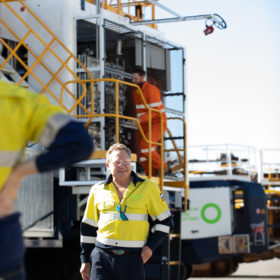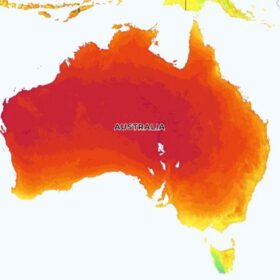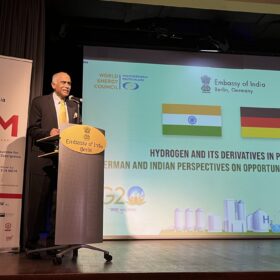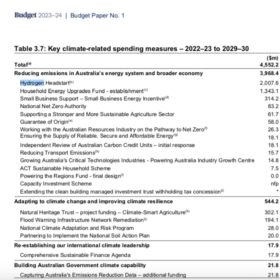Hydrogen buses less efficient than battery models
Italian researchers have compared the performance of hydrogen and electric buses in northern Italy. Meanwhile, Australian company Worley has collaborated with Princeton University to devise a 10-point action plan for Europe’s renewable hydrogen sector.
The Hydrogen Stream: Scientists see iridium as obstacle to hydrogen aviation
A German research team says that demand for iridium, lanthanum and nickel could weigh on the growth of the global hydrogen-powered aviation market.
Enel develops robot for waterless cleaning of PV plants
Enel says it will work with Italian startup Reiwa to develop a robot for waterless cleaning of PV plants. The innovative device features brushes and can autonomously navigate across panel rows, eliminating the need for human intervention.
Italian startup offers solar kits packed in barrels
Italian manufacturer Barrel claims that solar kits packed in barrels are ideal for remote areas and conflict zones. Its standard packages consist of 6 kW solar modules, a 5.6 kW single-phase hybrid inverter, and 3.55 kWh of lithium battery energy storage capacity.
The Hydrogen Stream: China starts world’s biggest solar-to-hydrogen site
China’s Sinopec has switched on the world’s largest solar-to-hydrogen project in Xinjiang, while India has unveiled a new plan to incentivize green hydrogen and electrolyzer production.
South Korea launches hydrogen bidding market, Queensland gov assesses water requirement for Gladstone hub
South Korea is opening what it claims is the world’s first hydrogen power generation bidding market, while the Queensland government has approved funding to assess water use in Gladstone’s hydrogen industry.
Australia and China strengthen hydrogen cooperation
China’s deputy head of the National Development and Reform Commission is reported to have recently met with Andrew Forrest, founder and executive chairman of Fortescue.
CIP plans 7 GW of electrolysis hub in Australia
Copenhagen Infrastructure Partners (CIP) has announced plans to develop an $30 billion (USD 19,95 billion) green hydrogen production hub on South Australia’s Eyre Peninsula, while a new research study shows the feasibility of gas-to-hydrogen pipeline conversion in Western Australia.
India to join Germany’s green hydrogen strategy update
India will use its internal market to scale up hydrogen projects, with Germany as a possible export destination. As part of a broader strategy, the countries will collaborate on a financial and technological level on energy transition projects.
Australia to invest $2 billion in hydrogen
The Australian government has presented its 2023-2024 budget, with $2 billion (USD 1.35 billion) to be invested in hydrogen, while Austria, Germany, and Italy said they have started moving forward on a southern hydrogen corridor from North Africa to Northern Europe.
